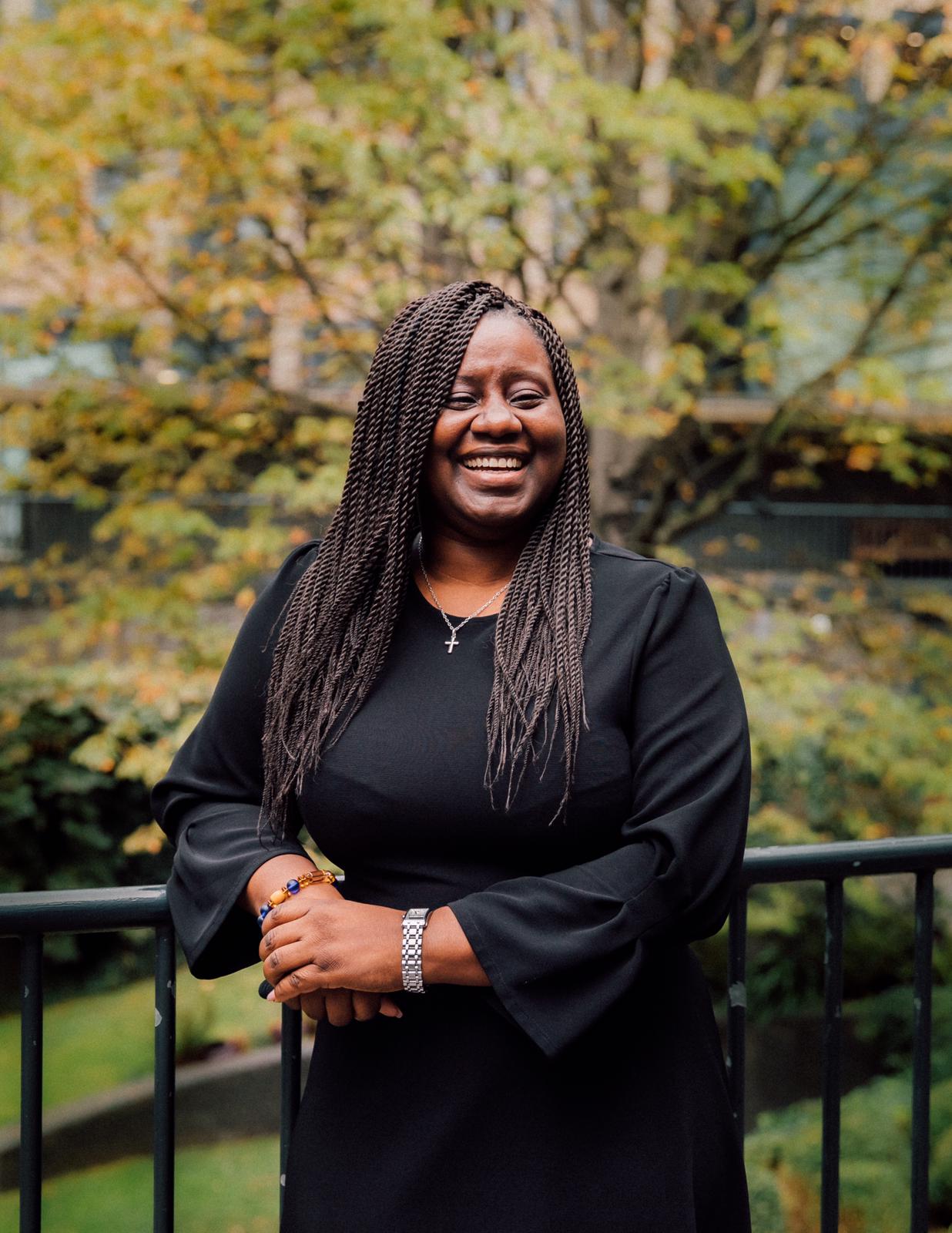Call to help homeless people access eyecare

Marsha de Cordova MP demanded better access to eyecare for homeless people
Barriers facing homeless people in need of eyecare must be removed, leaders from across the sector have demanded. A call to improve access to NHS support was made at a reception in Parliament.
Steve Pratt, director of Specsavers Crayford said: “When I was homeless, looking after myself was not a priority. I know that by making eyecare easy to access we can help give people experiencing homelessness dignity and self-worth. This is a first step to accessing other vital healthcare services and a more stable future. I’m so proud that at Specsavers we are playing our part.”
Dame Mary Perkins, co-founder of Specsavers and patron for Vision Care for Homeless People (VCHP) said: “We’re trying to get homeless people to feel free to go into any opticians in a High Street. The optical industry needs to make life easier for them, perhaps afternoon or evening opening so they can come in for their glasses. We all have to work together, they need this help.”
The charity Crisis “found that 80 per cent of homeless people need glasses,” she added. “When I went back to my hometown, Bristol, I spoke to people who had lost their glasses or broken them and didn’t know what to do. At VCHP, DO volunteers can help them choose glasses.
“For 2024, my priority is to make it easier for homeless people to visit opticians on the High Street. I’d like to see more VCHP centres. And I’d like to add in audiology services too.”
Policy makers, MPs and charities came together at the reception to demand:
- NHS-funded sight test and spectacles for homeless people
- Access to NHS domiciliary services at day centres, shelters or hostels – without the barrier of the 48-hour pre-visit notification requirement in England
- Free replacement NHS glasses if broken, lost or stolen due to homelessness
The reception at the House of Commons on 5 December, organised by Specsavers, brought together MPs, charities and representatives from across the eyecare world to promote health equality and drive policy change for the most disadvantaged.
Marsha de Cordova MP called for change: “We need to ensure that those experiencing homelessness have access to eye care services as they are significantly more likely than the general population to experience eye health issues.”
She demanded a national eye health strategy for England to ensure that people can access the right care when and where they need it. This would reduce inequalities by “improving access to eye health services in primary care for vulnerable and marginalised people by removing unnecessary barriers”.
One in three people experiencing homelessness have sight issues. They have higher rates of glaucoma, cataracts and macular degeneration than the general population, as well as other health conditions such as diabetes and hypertension which can lead to permanent sight loss if left untreated.
Lord Bird, co-founder of the Big Issue, said: “Many people affected by homelessness need glasses to help them look for accommodation or a safe place to sleep, build their skills, apply for benefits, or get a job. Improving access to these simple services can have numerous, long-term benefits.”
Dame Mary called on the eye health sector to come together to improve care for people experiencing homelessness. Specsavers is running eye clinics at Crisis outreach centres, setting up new clinics with VCHP and piloting out-of-hours clinics in community practices. The company is also providing Big Issue vendors with eye and ear care vouchers.